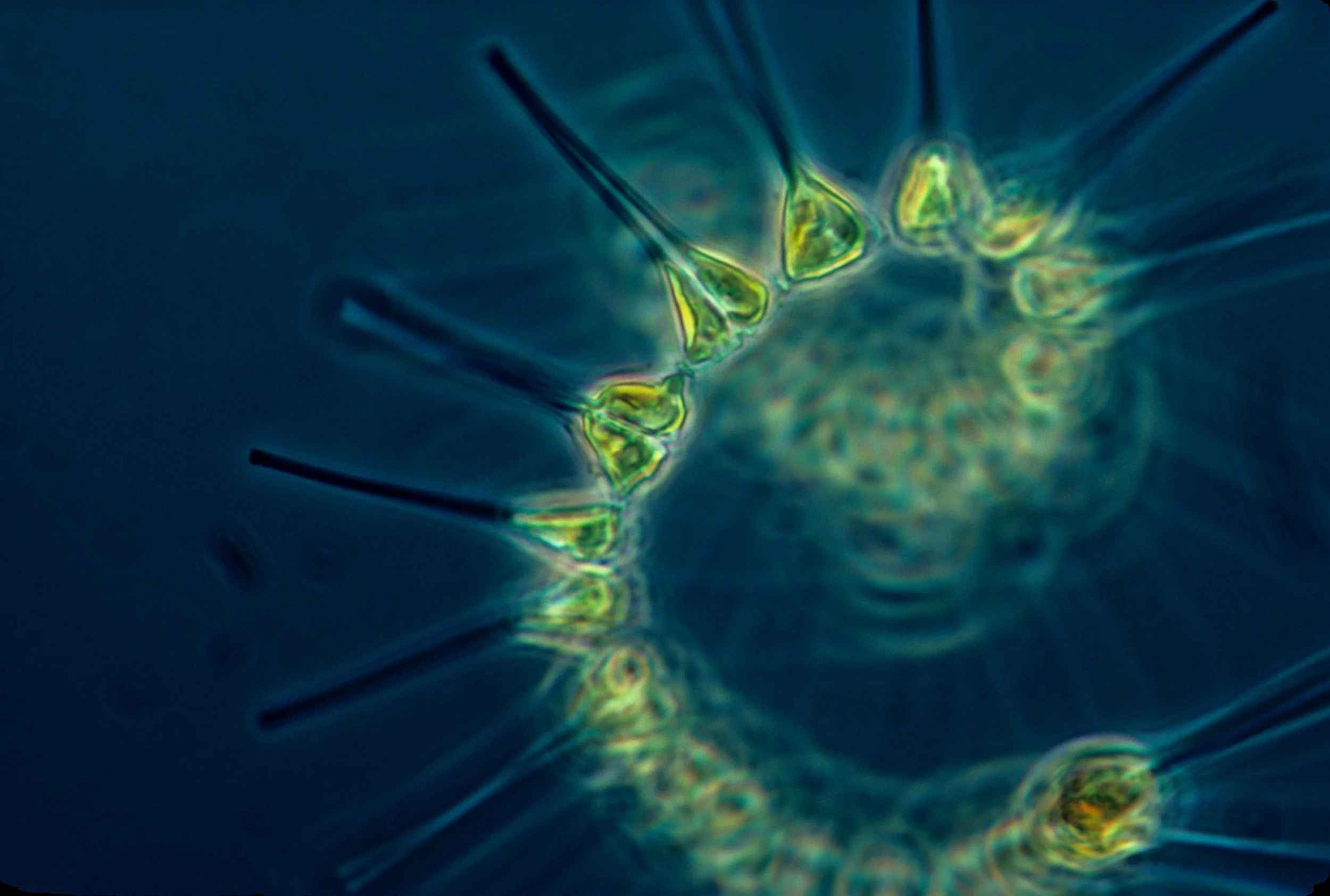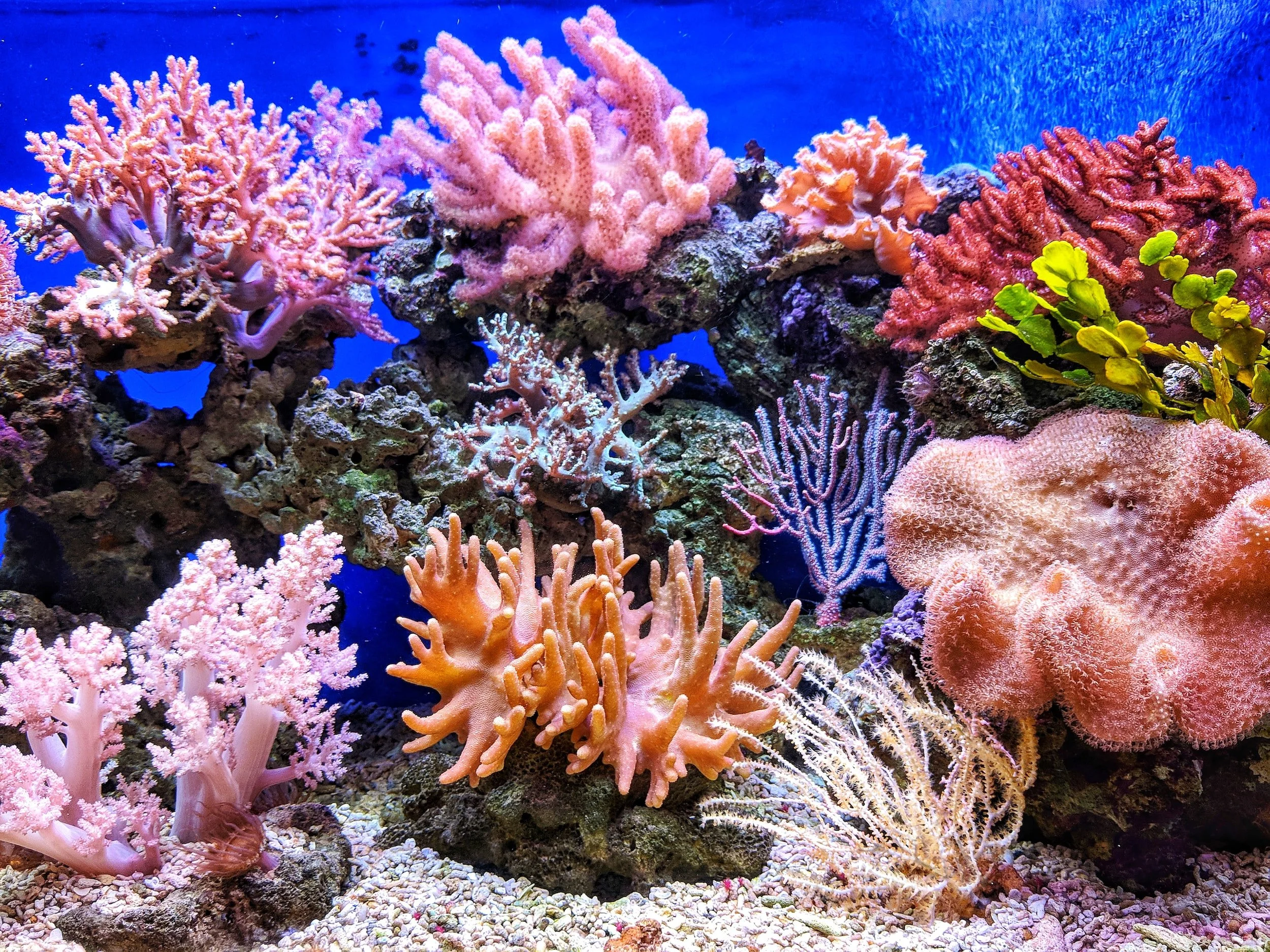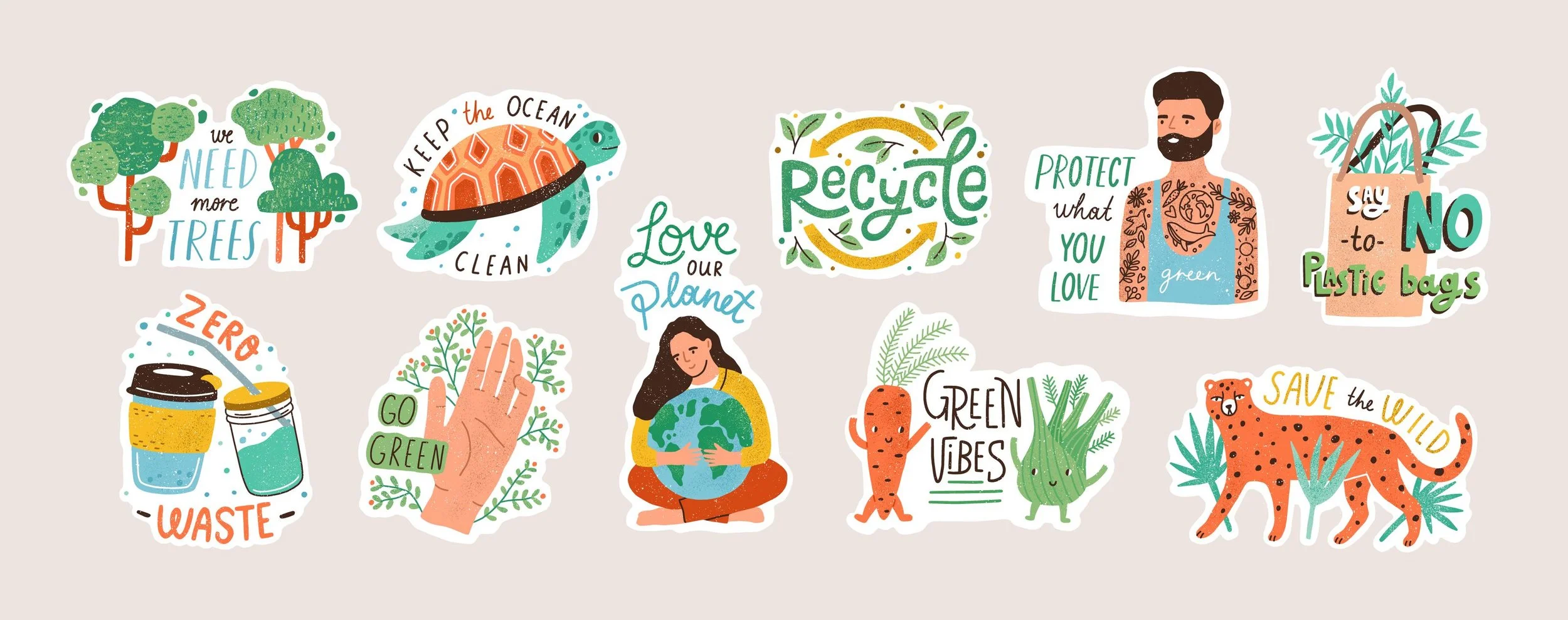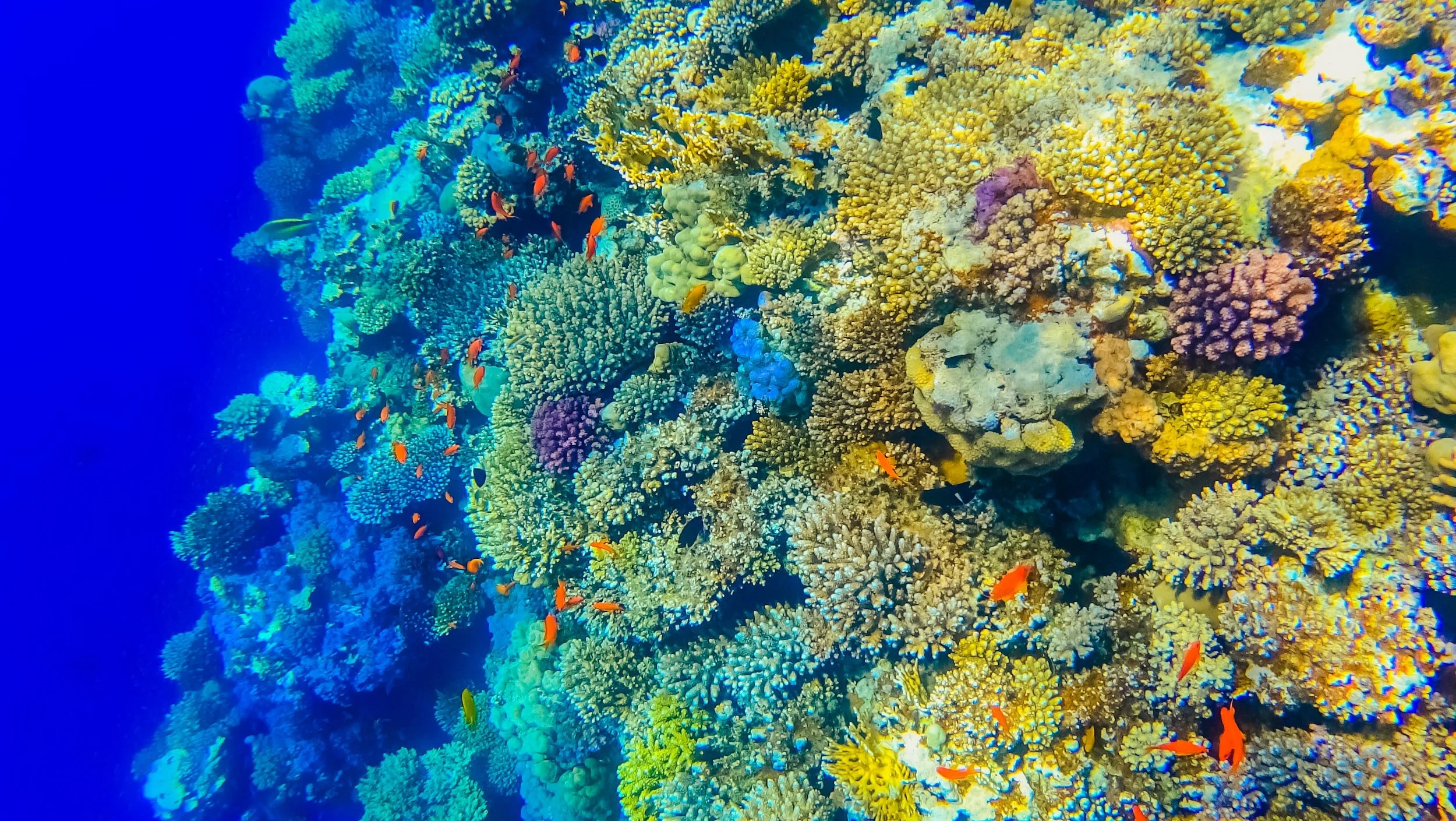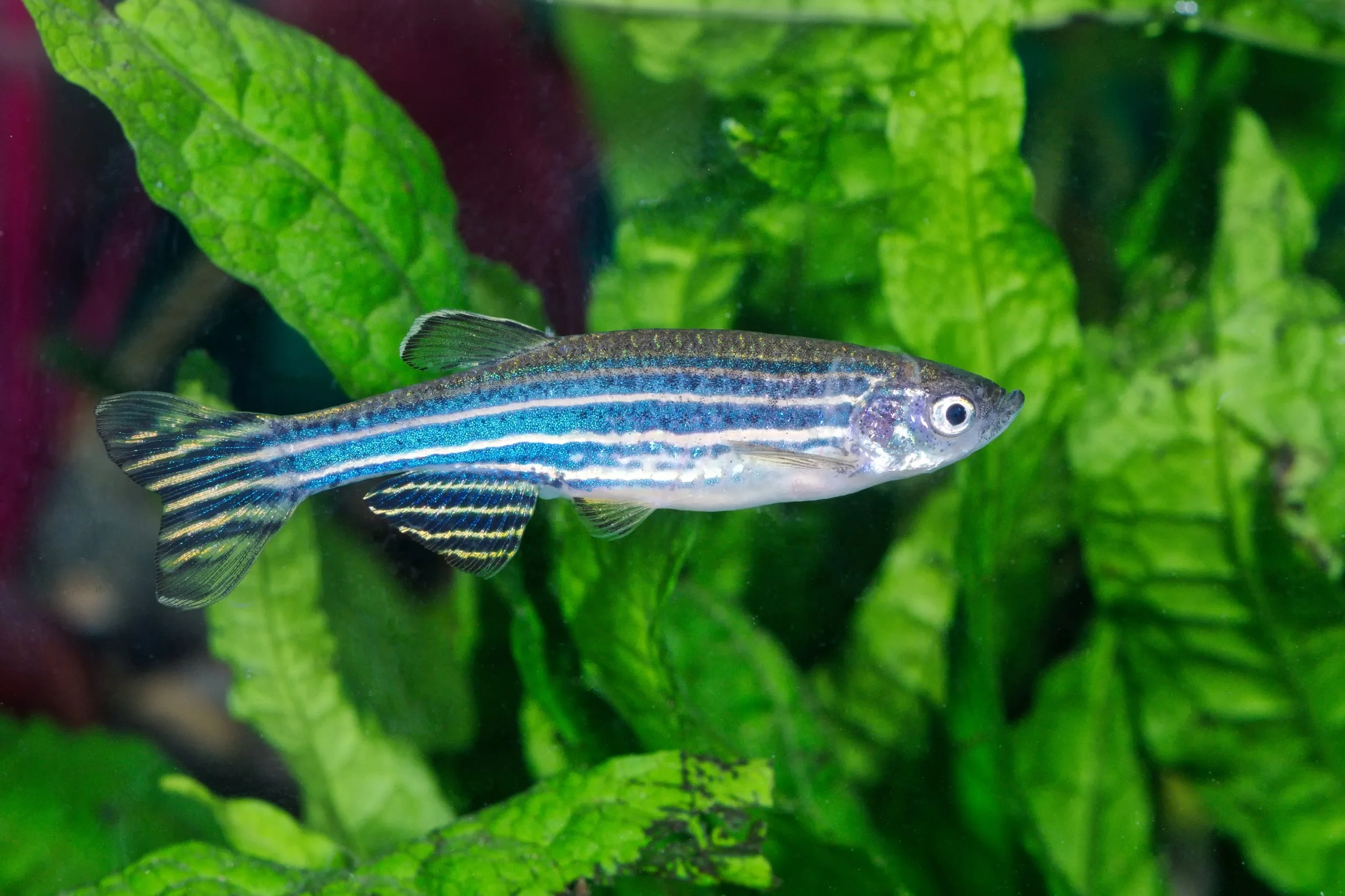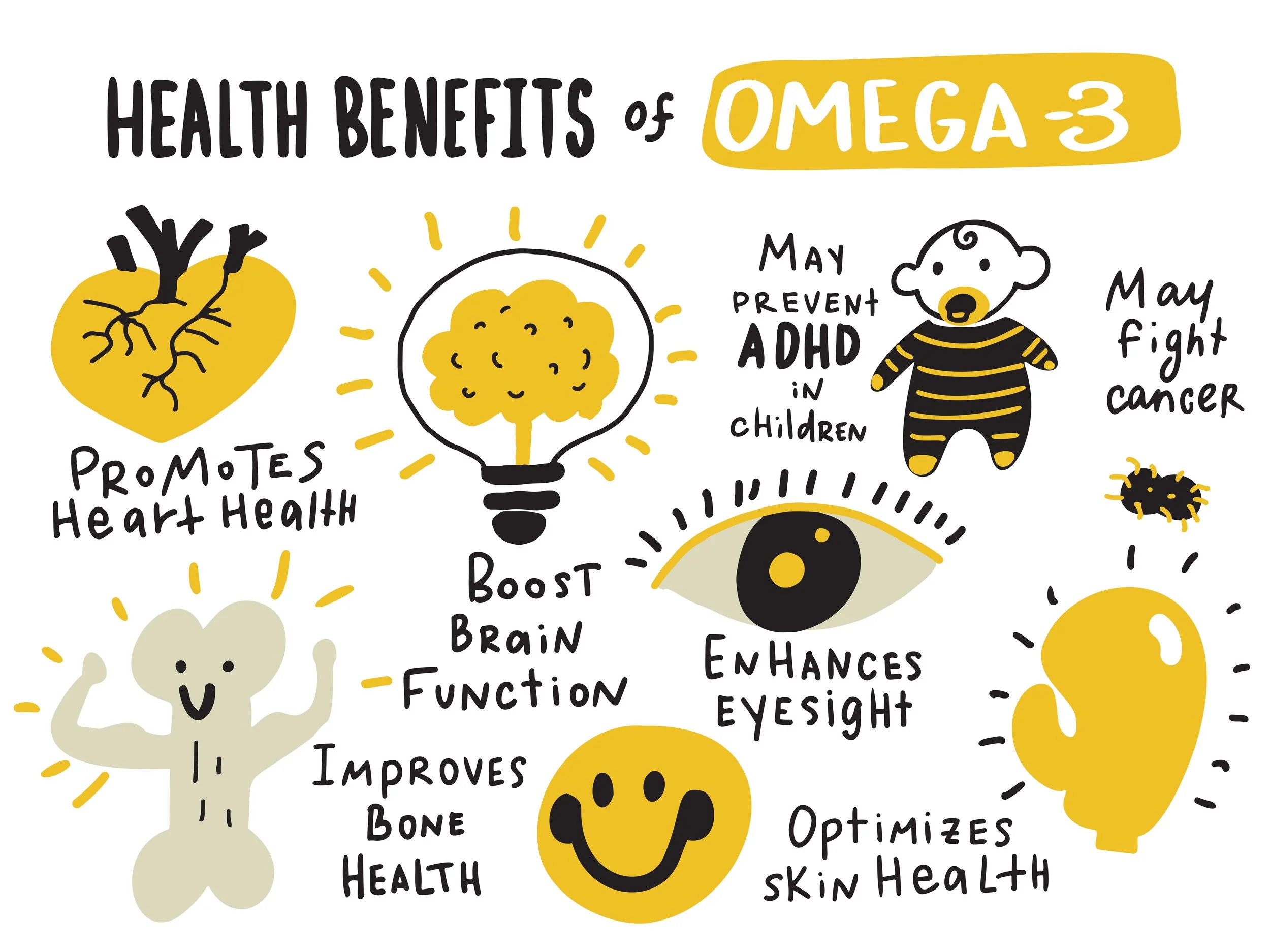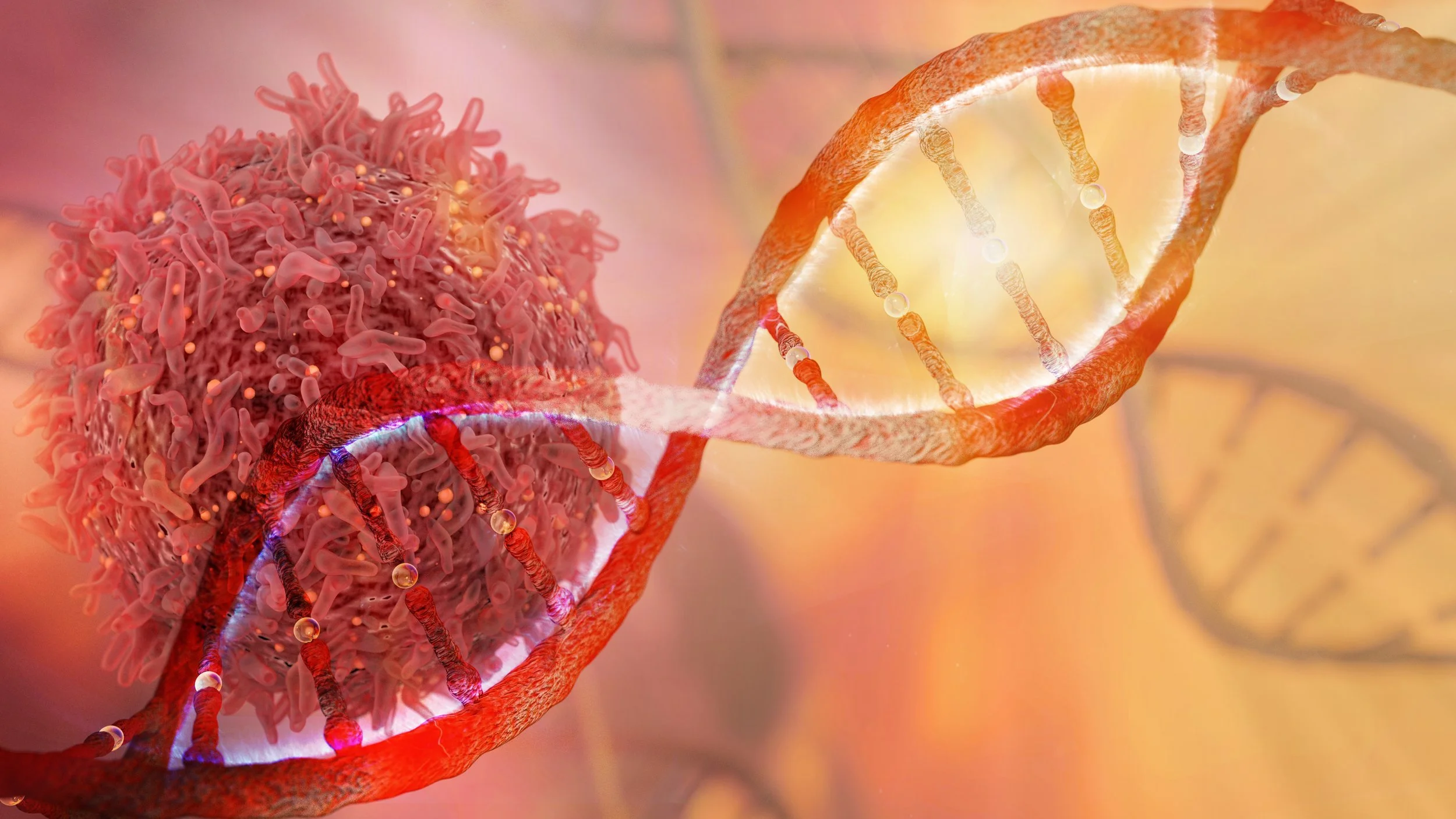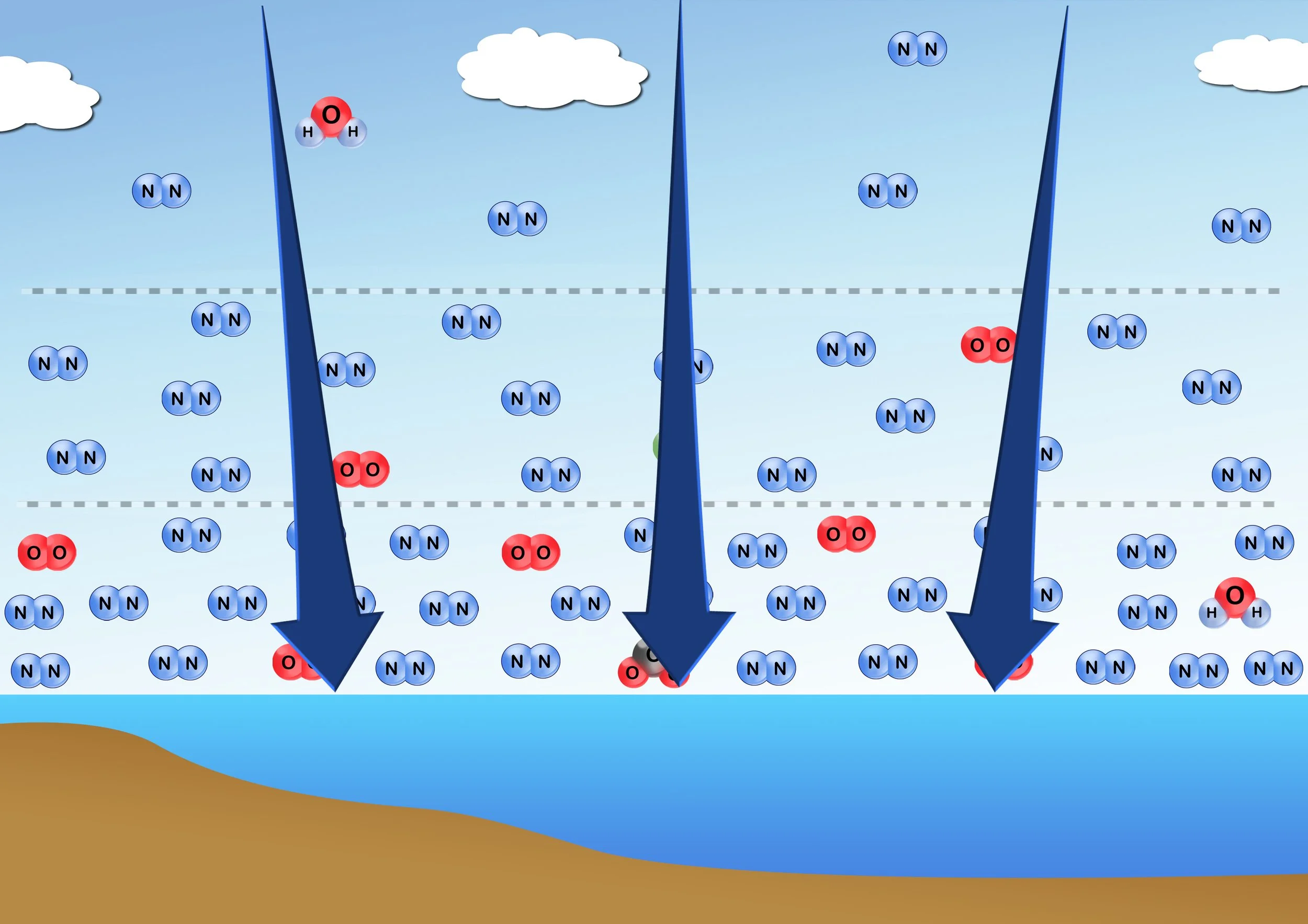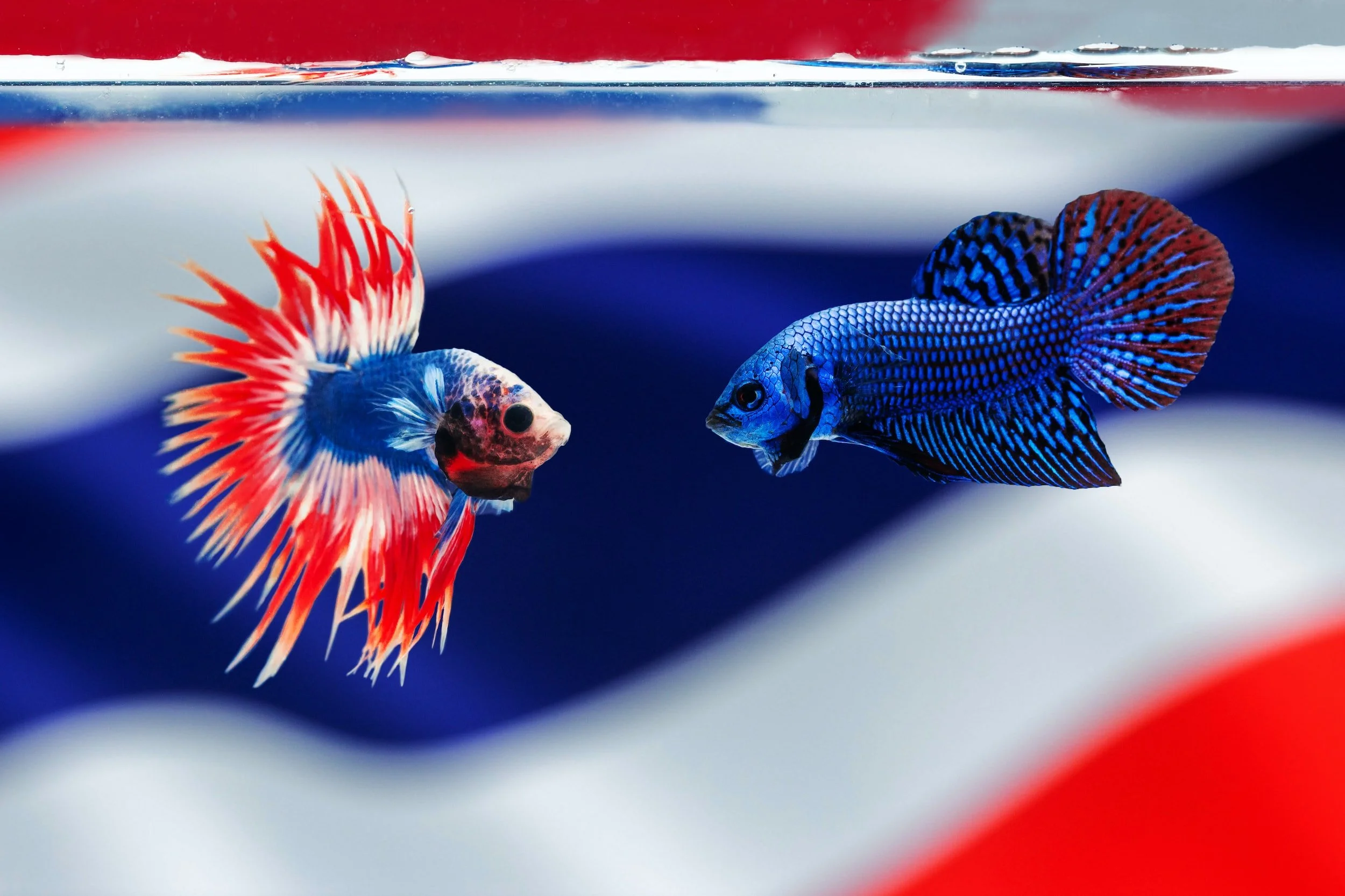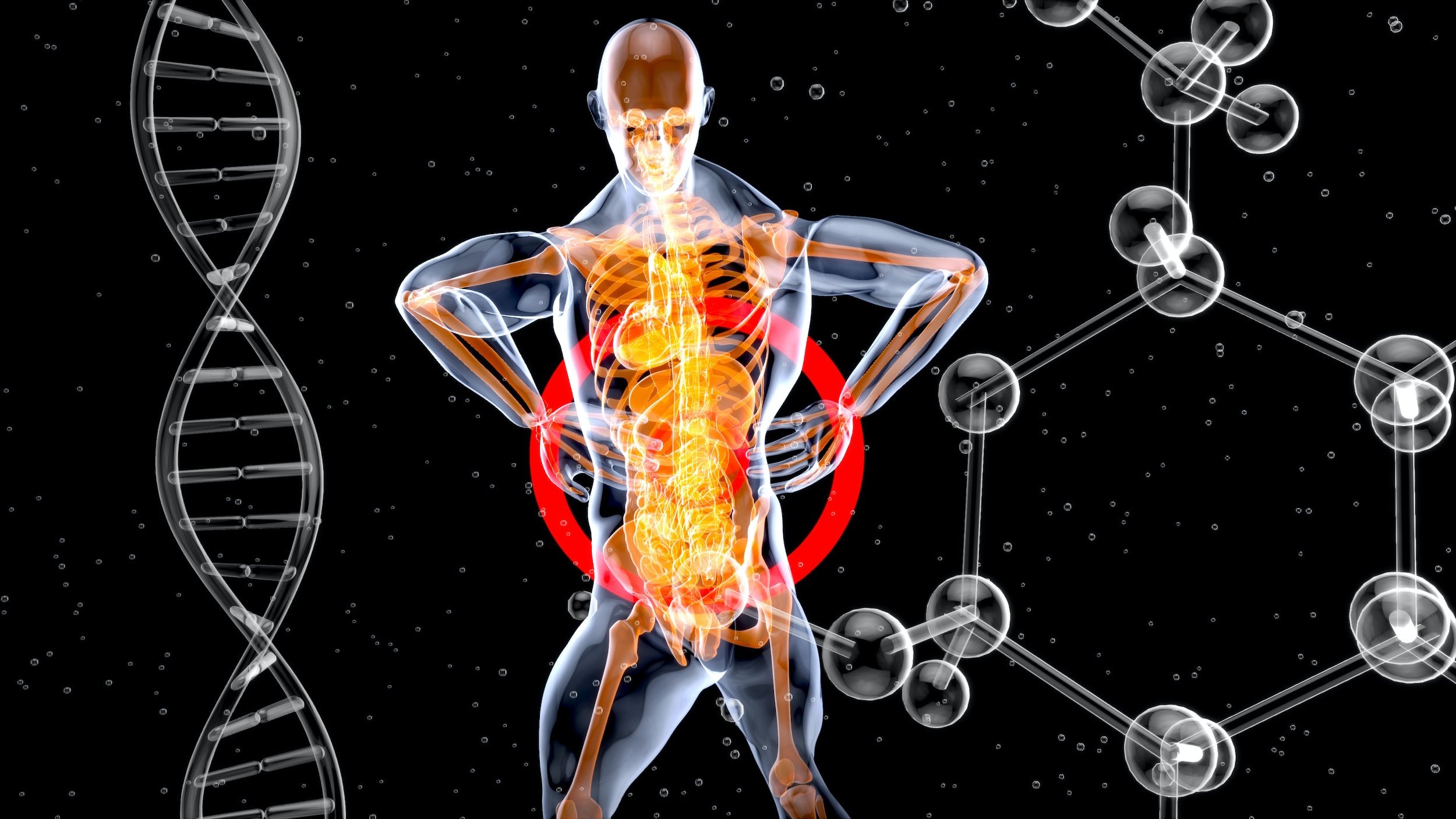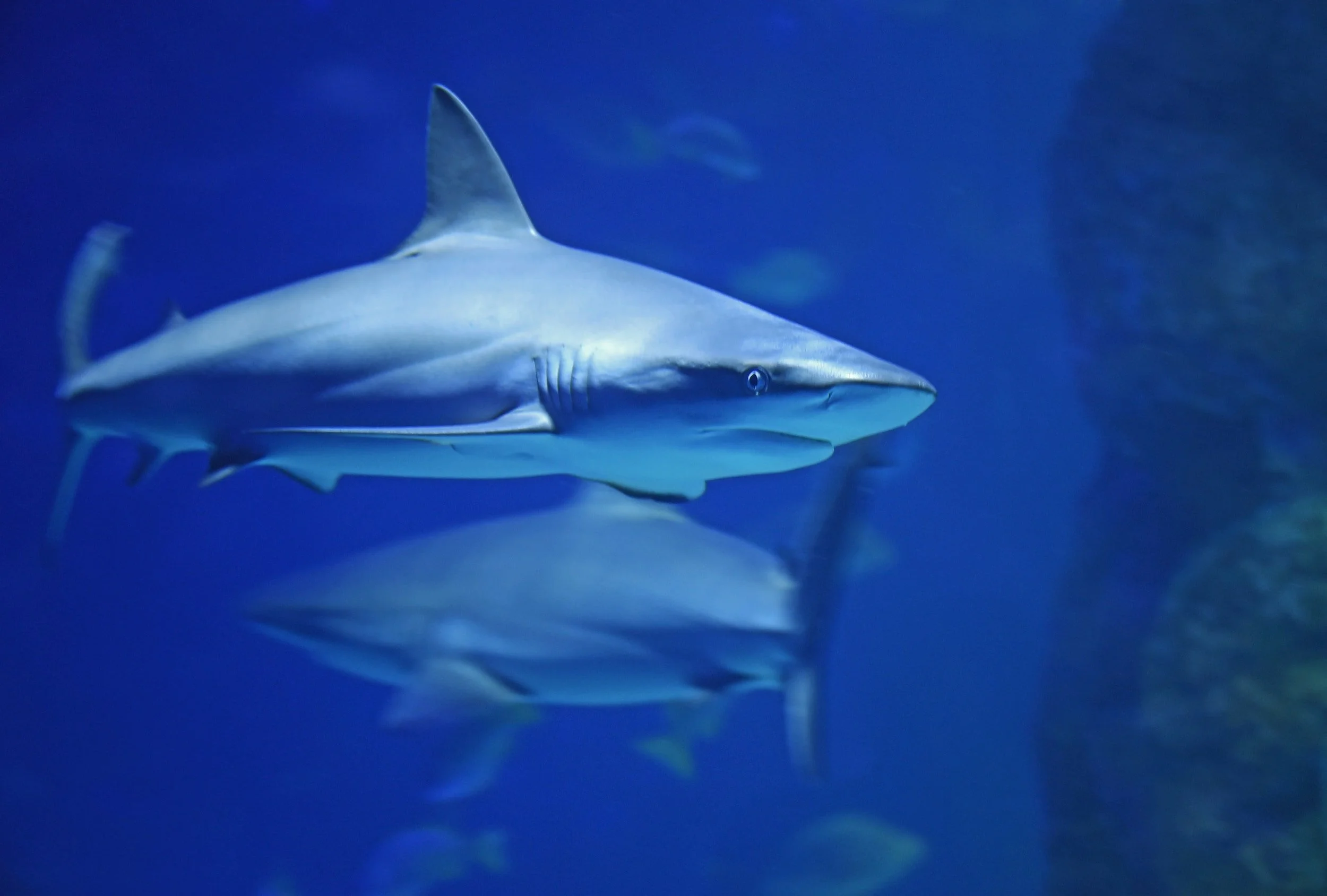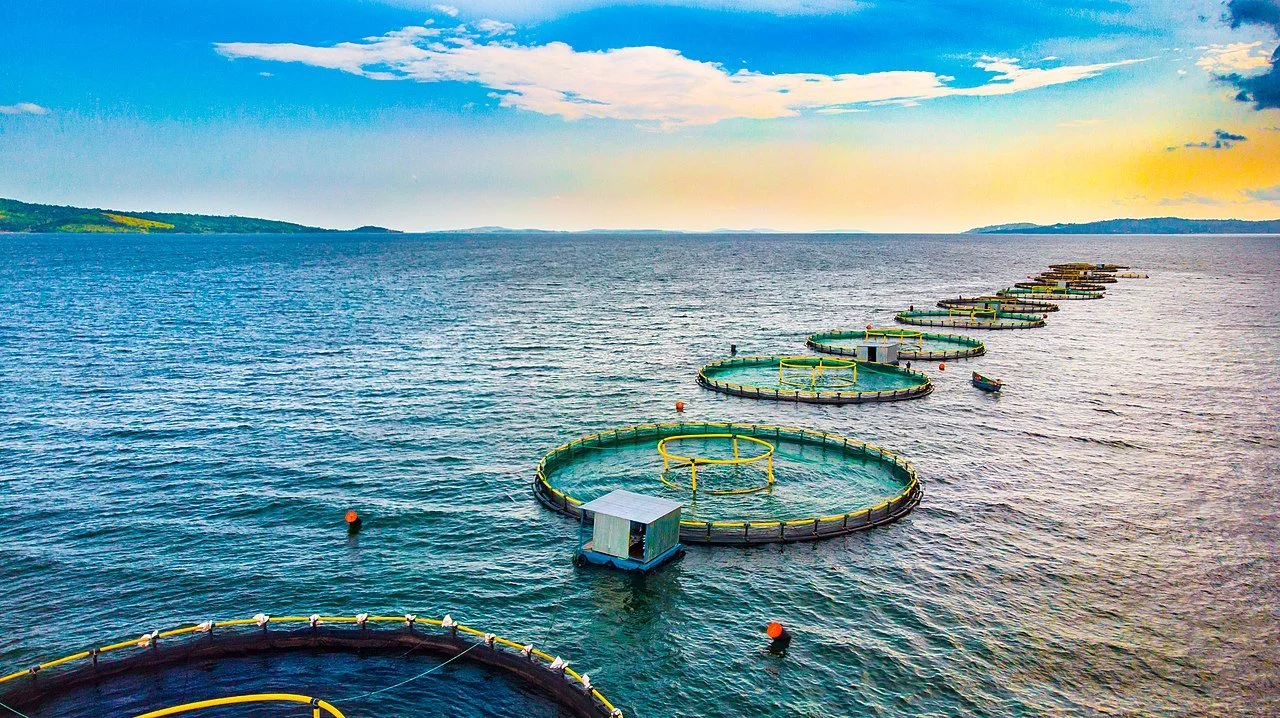The Power of Phytoplankton: How Tiny Ocean Organisms Drive Energy and Sustainability
Phytoplankton are tiny, plant-like organisms that are critical to the health of the ocean and the planet as a whole. They produce up to 50% of the world's oxygen, form the base of the marine food chain, and play a vital role in the global carbon cycle. In this blog post, we explore the fascinating world of phytoplankton and their importance in driving energy and sustainability, as well as the challenges they face due to human activities.
Fish: A Food for the Broken-Hearted
Eating fish has long been known to be good for your health, especially your heart. Fish is an excellent source of protein, omega-3 fatty acids, and other nutrients that are essential for maintaining good heart health. In this blog, we'll explore why eating fish is good for your heart and how you can incorporate more fish into your diet. Read this blog to learn about the health benefits!
From the Ocean to Longevity: How Ocean-Derived Materials Can Boost Your Health and Vitality
Coral is a unique marine organism that offers a host of health benefits. In this blog post, we will explore the various health uses of coral, from its anti-inflammatory and pain-relieving properties to its ability to support bone health and boost immunity. We will delve into the scientific evidence supporting the use of coral in traditional medicine and alternative therapies, as well as its role in modern medical research. Whether you are interested in natural remedies or cutting-edge treatments, this post will provide valuable insights into the many health benefits of this fascinating ocean organism.
Unlocking the Secrets of Longevity: How to Use Materials from the Ocean
In this blog post, we will explore the use of ocean-derived materials for promoting longevity. We will delve into the various natural products and materials that can be sourced from the ocean, such as seaweed, fish oil, and marine collagen. These substances have been shown to provide a host of health benefits, including reducing inflammation, improving joint health, and enhancing skin elasticity. We will also discuss the scientific evidence supporting the use of these materials, and provide practical tips for incorporating them into your daily routine. Whether you are looking to improve your overall health or combat the effects of aging, this blog post will provide valuable insights into the power of ocean-derived materials.
Can the Ocean Boost Fertility? Exploring the Latest Research on Seafood and Reproductive Health
Research has shown that a diet rich in seafood from the ocean can have positive effects on fertility. The omega-3 fatty acids found in many types of fish and shellfish have been linked to improved sperm quality, ovulation, and pregnancy outcomes. Additionally, seafood is a good source of protein, vitamins, and minerals that are important for overall reproductive health. However, it is important to be mindful of the potential risks of environmental contaminants such as mercury, which can have negative effects on fertility. Overall, incorporating moderate amounts of low-mercury seafood into a balanced diet may have significant benefits for fertility and reproductive health.
The Health Benefits of the Ocean for Vegans: A Comprehensive Guide
Discover the many health benefits of the ocean for vegans in this comprehensive guide. From nutrient-rich plant-based foods to water-based activities that promote exercise and relaxation, the ocean is a valuable resource for those following a vegan lifestyle. Learn about the nutritional benefits of seaweed and microalgae, as well as the calming effects of spending time near the ocean. Explore how swimming and other water-based activities can provide an excellent form of exercise, and discover ways to minimize potential risks associated with ocean plants and swimming in polluted waters. Whether you're looking to add more variety to your diet or simply seeking a new way to unwind, the ocean has something to offer every vegan.
The Ocean's Rich Diversity: How Many Fish and Other Animals Live in the Vast Ecosystem and How Everything Functions Together
Discover the incredible biodiversity of the ocean in this informative blog post. From tiny plankton to massive whales, the ocean is home to a vast array of marine life, including fish, mammals, birds, reptiles, and invertebrates. Learn about the estimated 3 trillion fish that live in the ocean, and the many other animals that play important roles in the ocean's ecosystem. Explore the complex interactions between different organisms in the ocean, from the food chain to the impact of human activities like fishing and pollution. Find out how we can all take steps to protect and preserve this vital ecosystem for future generations.
Zebrafish: A Versatile Model Organism for Biomedical Research
Zebrafish are being used to study a wide variety of diseases and conditions, including cancer, Alzheimer's disease, liver disease, and stem cell research. Zebrafish research is helping us to better understand human diseases and to develop new treatments and cures. In this blog post, we will discuss the benefits of using zebrafish as a model organism in biomedical research. We will also discuss the challenges of using zebrafish in research and the future of zebrafish research.
Fish: A Brain-Boosting Superfood
Did you know that Medical News Today cites that mothers who ate oily fish were more likely to give birth to children with “higher scores in tests of mental and social ability”? What are some of the other benefits of eating fish? Read this blog to find out!
Riding the Wave of Sustainable Fashion: How Materials from the Ocean are Making a Splash
In this blog post, we explore how designers can use materials from the ocean to create sustainable fashion. From recycled plastic to seaweed, fish leather, and sea glass, we discuss the benefits of these materials and how they can reduce plastic pollution, support sustainable fisheries, and lower the carbon footprint of fashion. Join us as we dive into the world of ocean-inspired fashion and discover how designers can make a positive impact on the environment.
How Eating Fish Can Improve Your Heart Health, Brain Health, and More
Looking for a delicious and healthy way to improve your overall health? Look no further than fish! Packed with essential omega-3 fatty acids, vitamins, and minerals, eating fish regularly can improve heart and brain health, reduce inflammation, improve joint health, help manage weight, boost your immune system, and protect your eyes. In this blog, we explore the numerous health benefits of eating fish and why it should be a regular part of your diet.
Fishing for a Cure: Exploring the Potential of Marine Life in Developing Cancer Treatments
Looking for a new perspective on cancer research? Check out our latest blog, "Fishing for a Cure: Exploring the Potential of Marine Life in Developing Cancer Treatments." Learn how fish models can provide valuable insights into cancer biology, and how researchers are using this information to develop new treatments and cures. Discover the genetic similarities between fish and humans, and how this can help us understand the role of specific genes in cancer development. Don't miss out on this fascinating topic at the intersection of marine biology and oncology.
Riding the Waves: How Atmospheric Pressure Impacts Fish in the Ocean
In this blog post, we explore the impact of changes in atmospheric pressure on the ocean and its inhabitants, particularly fish. We delve into how changes in water temperature and density can impact fish behavior and physiology, ultimately affecting their survival. By understanding these changes, we can take action to protect the ocean and support sustainable fishing practices. The post provides insights on how we can work together to ensure our oceans remain healthy and abundant for generations to come.
Gill-tastic Innovations: How Fish Gills are Inspiring Healthcare Products
This blog explores the fascinating ways in which the study of fish gills can inspire the development of more efficient, effective, and adaptable healthcare products. From optimizing surface area to incorporating natural materials, this blog highlights the key insights that we can learn from fish gills and how they can be applied to medical devices and treatments. The blog also touches on the exciting possibilities of developing new technologies based on biological principles, ultimately improving patient outcomes and quality of life.
The Secrets of High Altitude Plants: Lessons on Longevity and Resilience
This blog explores the fascinating world of plants that grow at high altitudes and their ability to thrive in extreme environments. We will delve into the unique adaptations that these plants have developed to survive and grow in harsh conditions, and what we can learn from them about longevity and resilience. From the ancient bristlecone pines of the American West to the vibrant alpine flora of the Himalayas, we will discover the amazing stories of these high altitude plants and how they can inspire us to live our own lives with greater strength and endurance.
From Fish to Faucet: How We're Using Nature's Secrets to Create Clean Water
In this article, we explore the amazing adaptations that allow fish to drink sea water and how scientists are using this knowledge to create clean water for millions of people. Learn about the technologies being developed and the potential they have to improve access to clean water. Discover how the secrets of nature are being harnessed to tackle one of the world's biggest challenges.
Shark Talk: The Surprising Ways Sound Affects these Fascinating Predators
This blog explores the fascinating world of how sound affects sharks. From how they hear to how sound can attract or repel them, we dive into the many ways that sound impacts the behavior of these incredible creatures. With a focus on the effects of noise pollution on shark behavior, this blog sheds light on the growing concern for the impact of human activity on sharks and their natural habitat. Discover the surprising ways sound affects sharks and the importance of protecting these fascinating predators.
Germany's Sustainable Water Systems and Fishing Practices: A Model for Sustainability
This blog explores Germany's sustainable water management and fishing practices. It highlights innovative approaches to wastewater treatment, green infrastructure, and selective fishing techniques that benefit both the environment and the people who rely on them. Germany's diverse fishing industry and strict fishing regulations also serve as a model for responsible and sustainable fishing.
Casting a Line: Discovering the Best Fishing Spots in China
China is a country with a diverse range of landscapes, and this is reflected in the fishing opportunities it offers. Whether you prefer freshwater or saltwater fishing, China has plenty of options to choose from. From the tropical waters surrounding Hainan Island to the massive Yangtze River, there is no shortage of places to cast a line and catch a variety of fish species. Read this blog to learn more!
The Octopus Connection: How Studying These Creatures is Revolutionizing Healthcare
This article explores how studying octopuses is leading to healthcare developments that have the potential to improve the lives of people around the world. From regenerative medicine to pain management, drug discovery to soft robotics, the unique biology, behavior, and physiology of octopuses provide valuable insights that can revolutionize the way we think about health and disease.



